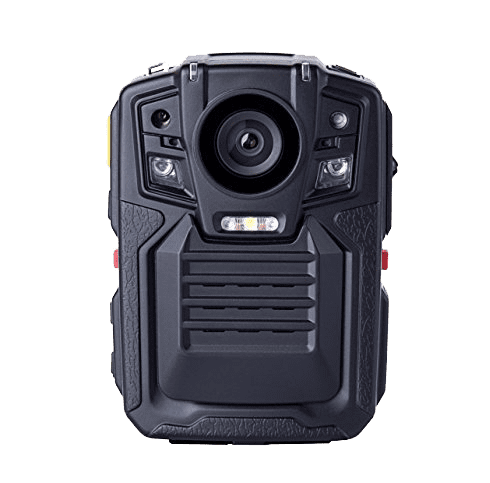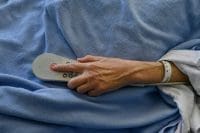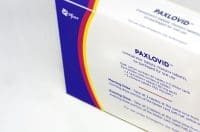Is it appropriate for healthcare professionals to wear body cameras? Here are some pros and cons, according to those debating this issue:
Pros
Provide evidence in malpractice litigation
Prompt better behavior by patients, families, and healthcare workers when they know they’re being recorded
De-escalate potentially volatile situations
Cons
Potential security and privacy violations
Interference with honest communication, especially with regard to sensitive healthcare topics such as mental health and drug misuse
Feasibility of safely storing protecting recordings
Read more on here. And we welcome your opinion on this topic.



















3 Comments.
There has got to be a way to achieve this. Wearing body cameras would be a total game-changer. It would result in healthcare workers being held accountable for their own behaviors, thereby the effects of patient safety, process improvement and satisfaction scores would change for the better. Healthcare needs more of a progressive approach in all of these areas. Cameras don’t lie. There’s your “Data Analysis”.
Think about the cost cuts in litigation. People will be kept at higher standards. All of the research from police body cams show that the cameras pay for themselves. Have you ever actually explored implementation of this? Would love to have a further discussion if so.
All of the “cons” can be addressed through existing technology and hardware. HIPPA already demands security of information. I feel cameras would protect all parties during some of the most unpredictable situations in the healthcare chain.
Dave Bleam
EMT-B